The 10 Best Uses of Hemp - A Versatile All-Rounder?
Over 25,000 different products can be made from hemp, making it one of the most useful crops in the world! Learn more about the most important and interesting uses of hemp in this article.
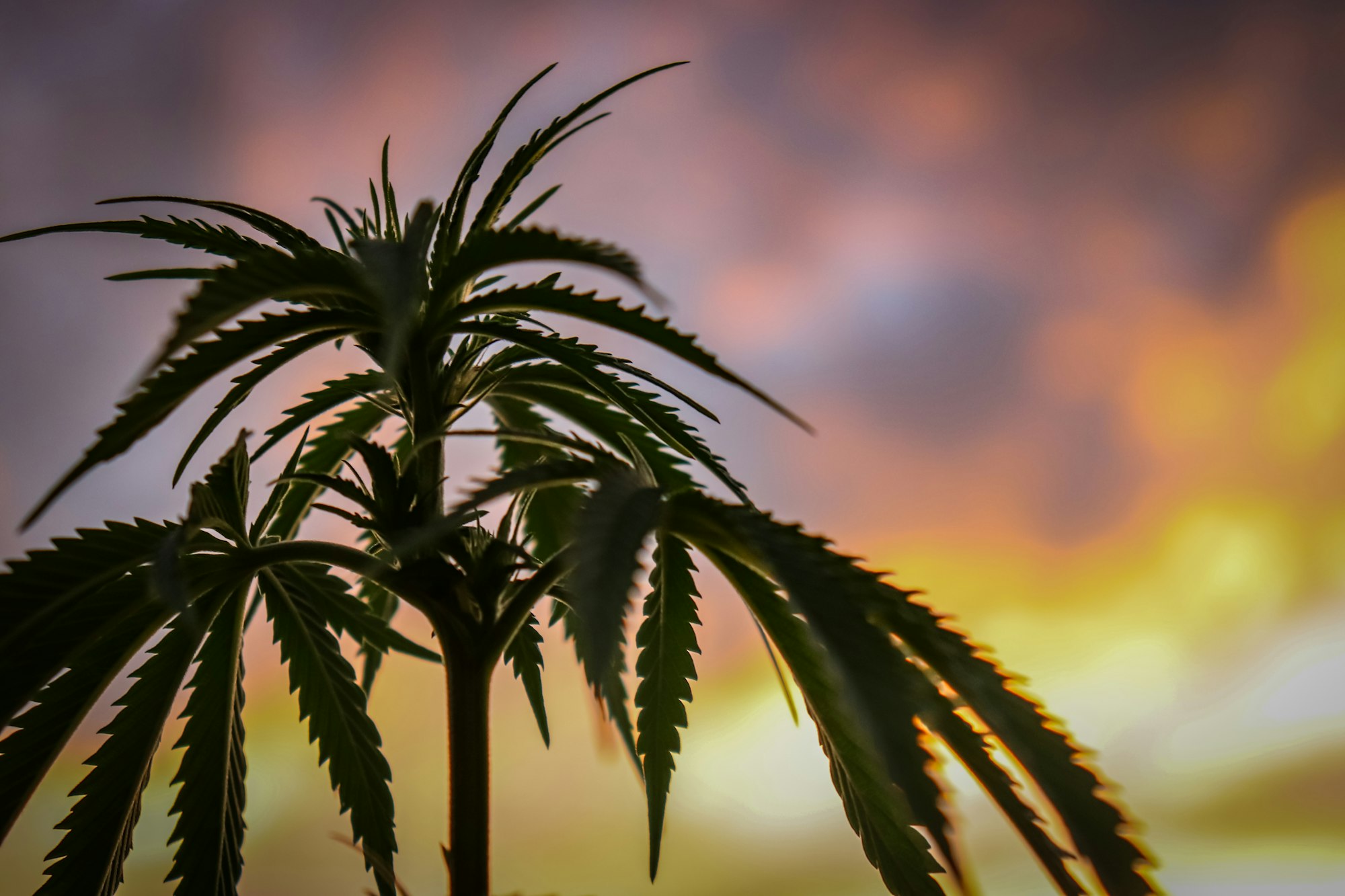
Over 25,000 different products can be made from hemp, making it one of the most useful crops in the world. Hemp could therefore find a suitable use in almost every area of life - even in art! Learn more about the most important and interesting uses of hemp in this article.
Hemp is becoming increasingly popular as an ingredient in products found on traditional supermarket and drugstore shelves. Its leaves, flowers, fibers and seeds are useful ingredients for further processing in the food and cosmetic industries. Hemp can be used to make oil, paper, plastic, clothing, milk, protein-rich flour or tea, and can even be found in lip balm, bath bombs and liquid soap.
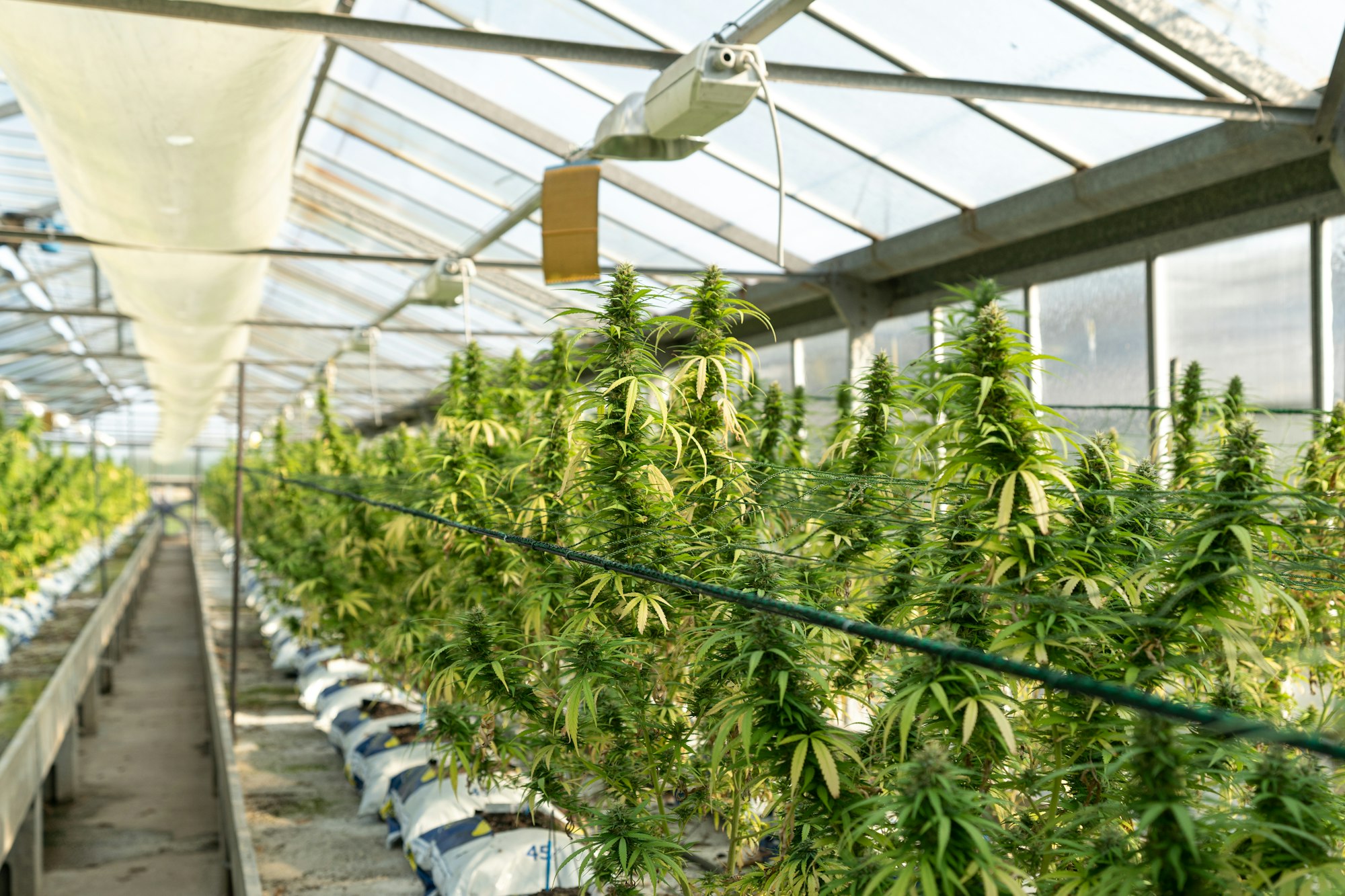
Almost all components of the hemp plant can be used or processed for various purposes:
Stem: The stem of the hemp plant consists of bast and wood tissue. Both tissues have naturally breathable and moisture absorbing properties. The wood tissue can be used as an environmentally friendly building material. The fibers of the bast fabric can be used to make ropes, felt and textiles. Many automobile companies also use the elastic and tear-resistant fibers to produce interior trim.
Fiber: Hemp is used to make a variety of commercial and industrial products, including rope, textiles, clothing, shoes, food, paper, bioplastics, insulation, and biofuel. There is even potential to use hemp fiber for the producto of cheaper, more powerful and less polluting batteries, researchers say. They can be converted into high-performance energy storage devices, for example for electric cars.
A study compared the performance of hemp and graphene batteries and concluded that hemp is similar to graphene batteries in terms of weight and energy storage, but manufacturing hemp batteries proves to be more economical. Compared to graphene, hemp is less expensive and works just as well for energy storage. Learn more about this topic in the following article:
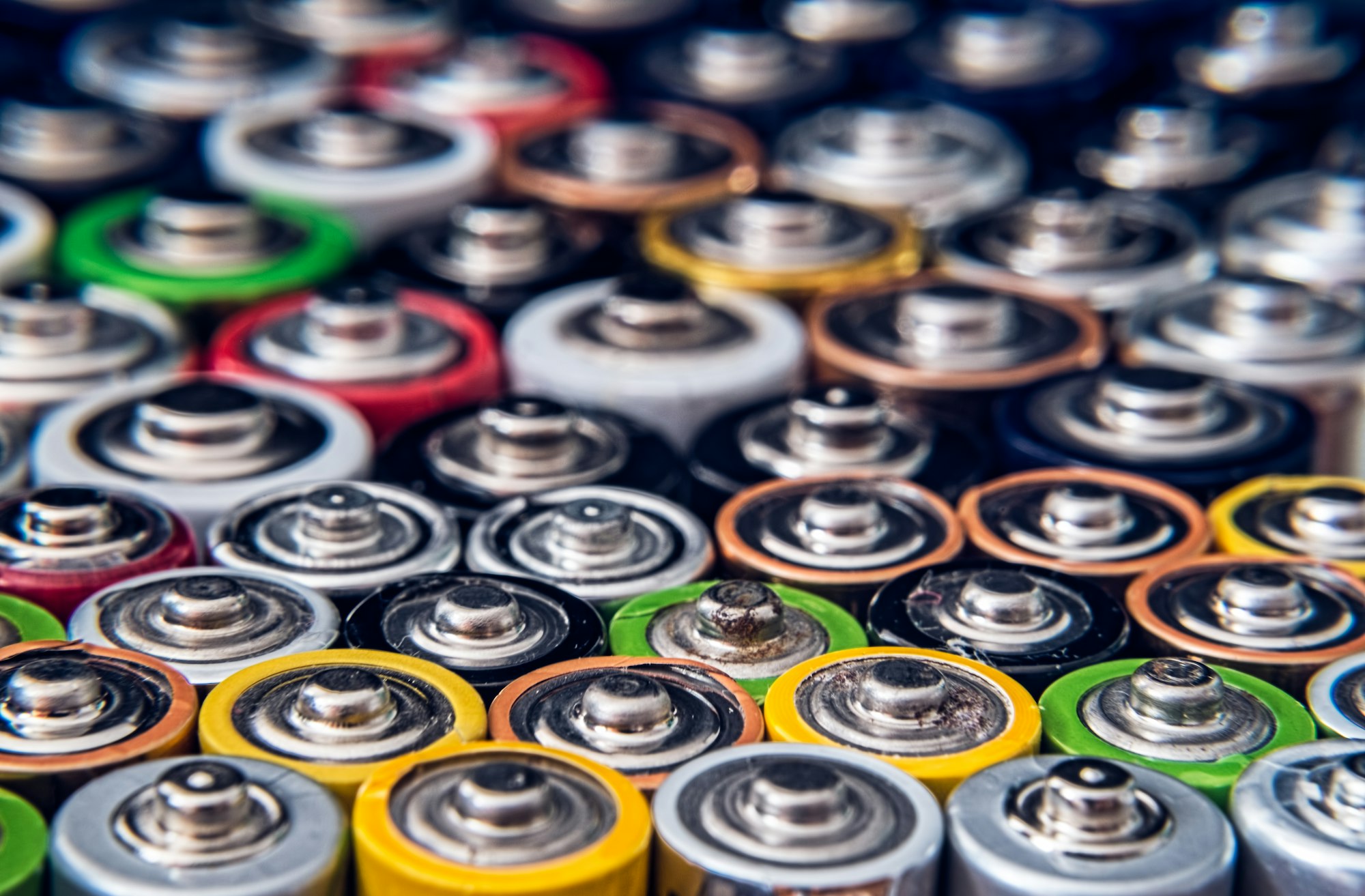
Seeds: Hemp seeds are gluten-free and rich in important vitamins, minerals, proteins as well as unsaturated fatty acids. They are used, among other things, as a spread or added to muesli or a salad. Alternatively, they can be further processed for the production of hemp seed oil.
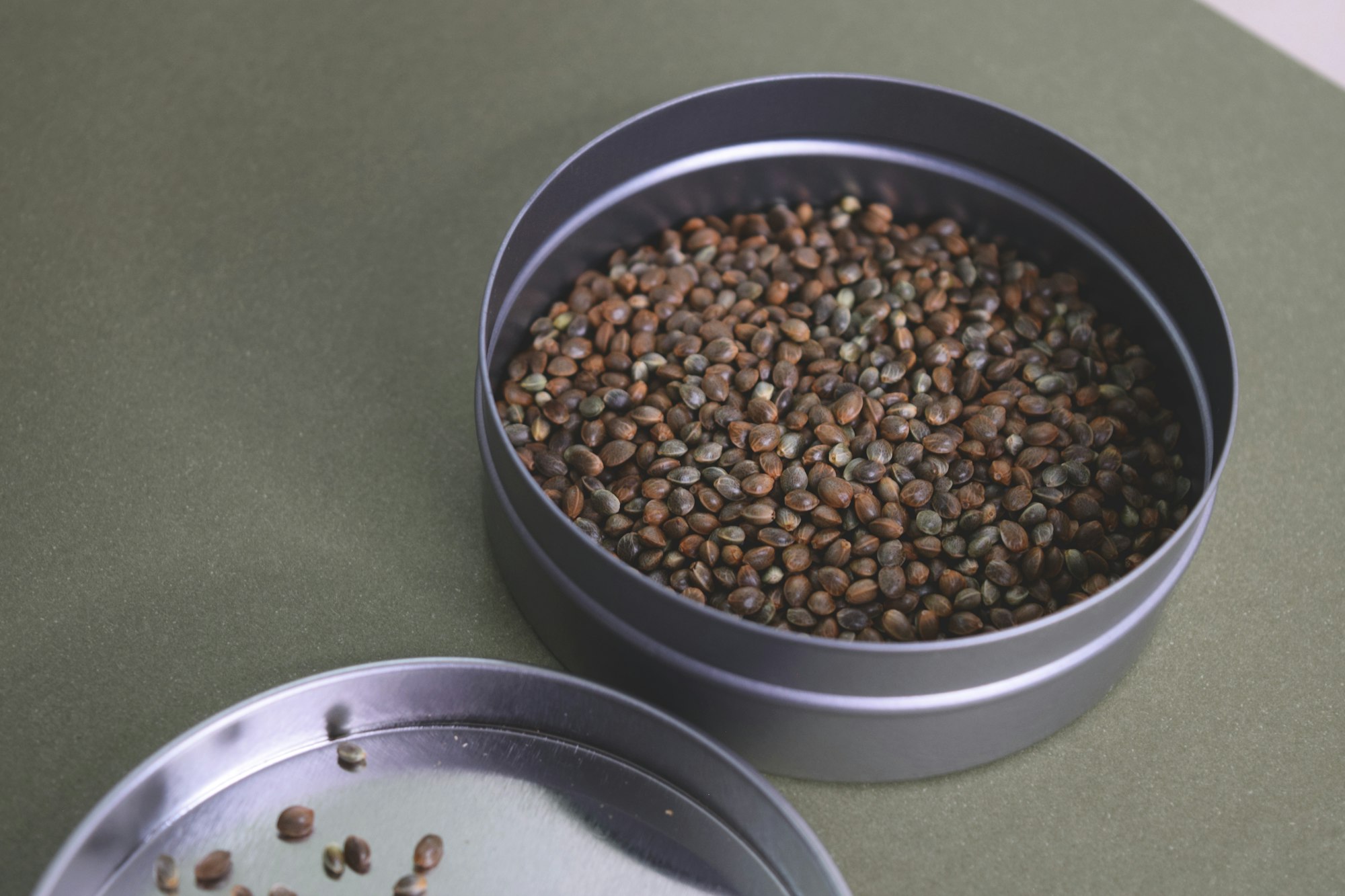
Roots: Hemp roots provide nutrients to the soil and are used in agriculture to improve soil structure. They are also a valuable ingredient in ointments, oils and dietary supplements. Furthermore, they play a key role in phytoremediation, a process through which soil is naturally decontaminated. Hemp is among those plants that are able to absorb pollutants and harmful chemicals from the soil, as well as from the air and water and can thus promote the biological degradation processes that take place in natural environments.
Phytoremediation is considered to be the least harmful soil decontamination method because it preserves the environment in a more natural state by using natural organisms to address the problem. Learn more about the potential of hemp for Phytoremediation in this article:
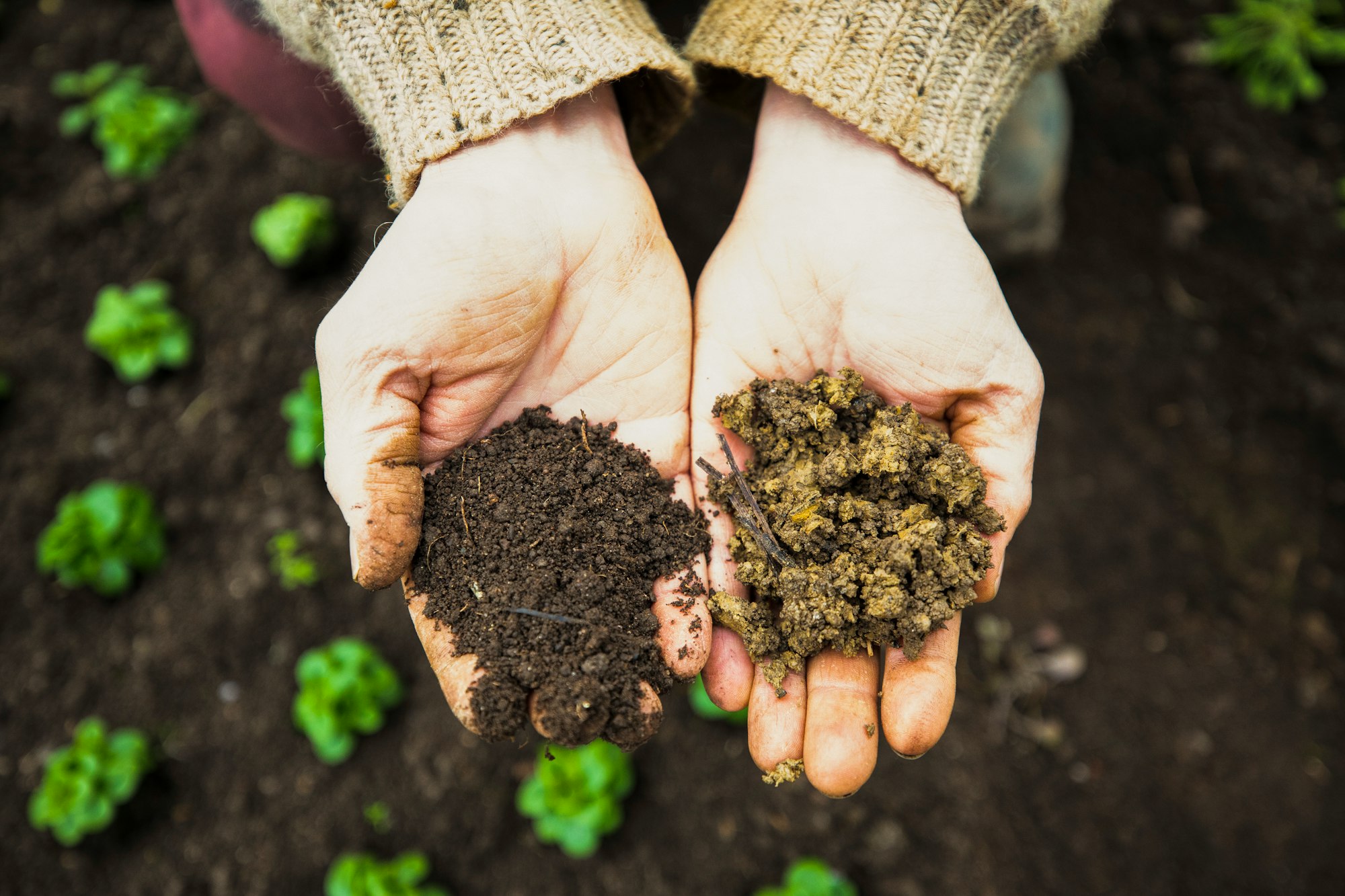
Leaves and flowers: The leaves and flowers of the hemp plant contain cannabinoids. These can be processed into oil, food, teas and body care products, among other things. The leaves can be utilized as compost, mulch, litter in stables and as biomass in power plants.

In addition, the flower of the hemp plant could play an important role in keeping the bee population fed at a time of flower scarcity. Because hemp plants are wind-pollinated, they don't produce nectar - however, they do produce large amounts of pollen that is attractive to bees, according to a study. Learn more about this in the following article:

Plastic
Researchers estimate that more than 8.3 billion tons of plastic have been produced since the early 1950s. More than half of it ended up either in landfills or in the natural environment. Most plastics are made from chemicals derived from oil, natural gas and coal, all of which are non-renewable resources. It takes anywhere from 10 to 1,000 years for a piece of plastic to decompose in a landfill. When burned, toxic gases such as mercury and dioxins are released.
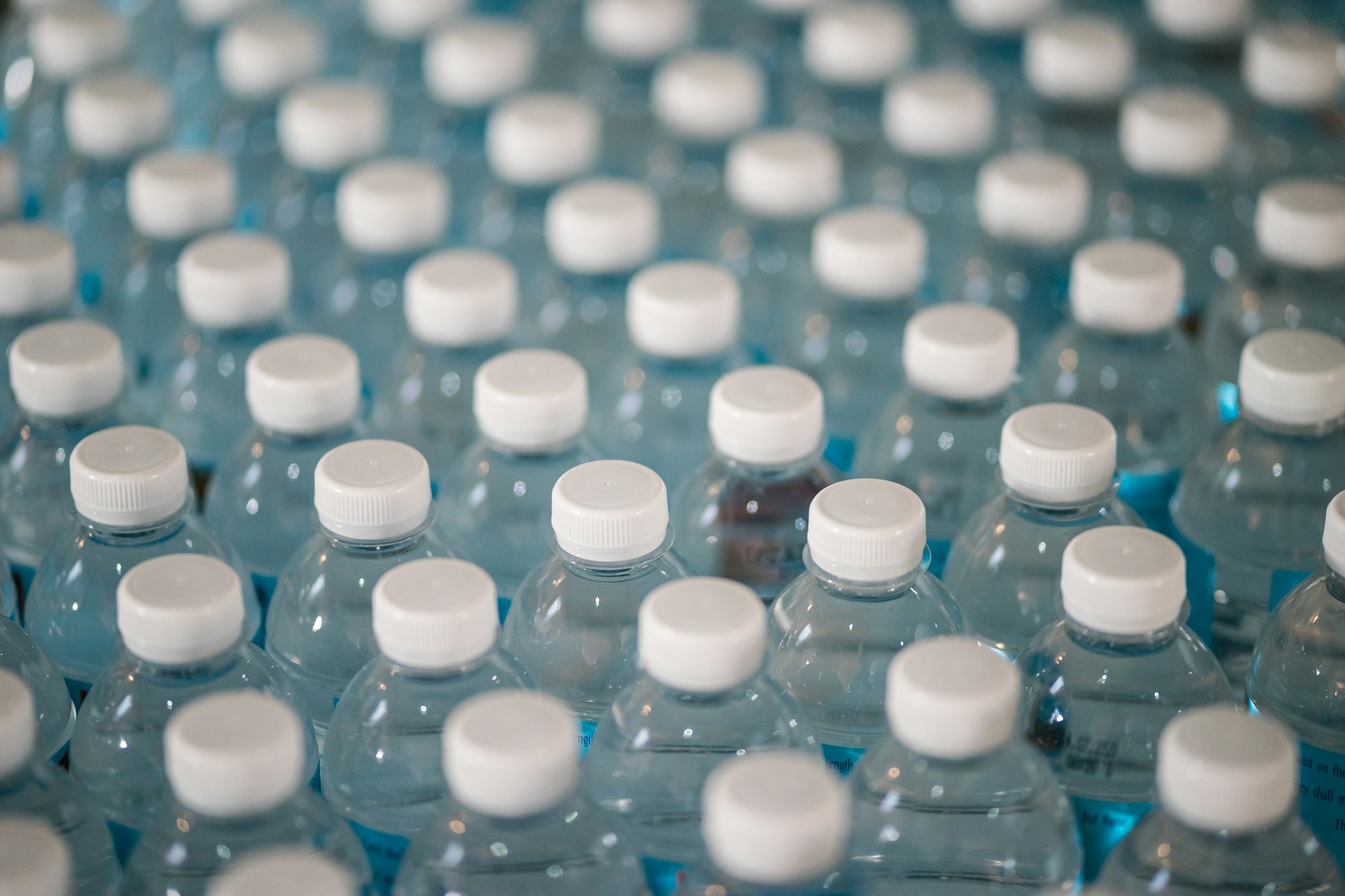
Hemp as a plastic substitute is 100% biodegradable, unlike harmful non-renewable plastic compounds. Plant-based hemp fibers also contain no dangerous toxins and are a lot more robust than plastic made from synthetic fibers or petroleum-based. Even the famous car manufacturer Henry Ford was aware of these advantages and produced a car made of hemp plastic in 1941.

For years, the automotive industry has been looking for various ways to integrate hemp fibers into their biodegradable plastic production processes:

Learn more about hemp as a sustainable alternative to conventional plastic in our new youtube video:
Fuel
Hemp offers an environmentally friendly alternative to traditional fuels and could potentially be used as a fuel in conventional diesel engines. It is even possible to produce biodiesel from hemp at home. Unfortunately, the use of this sustainable resource is still suppressed by the dominant oil companies.
Clothing and bedding

Clothing made of hemp fiber has been produced for many centuries and is becoming increasingly popular in the fashion industry. You can wear them in any season because the fiber is warming in winter and cooling in summer. Many eco-textile stores now offer a wide selection of fashionable hemp textiles. These are kind to the skin, high quality and have a long shelf life.
Hemp is an extremely sustainable and environmentally friendly plant and can actually fulfill many of the same roles as its cotton derived alternatives. Bedding made from hemp fibers also have similar properties to cotton. They absorb moisture and provide a pleasantly dry bed climate. Compared to cotton, hemp grows very quickly and requires little water or fertilizer. The environmental impact of hemp cultivation is therefore very low, in comparison to cotton production.
In the following article, we'll give you 12 reasons why hemp may be a better choice than cotton:
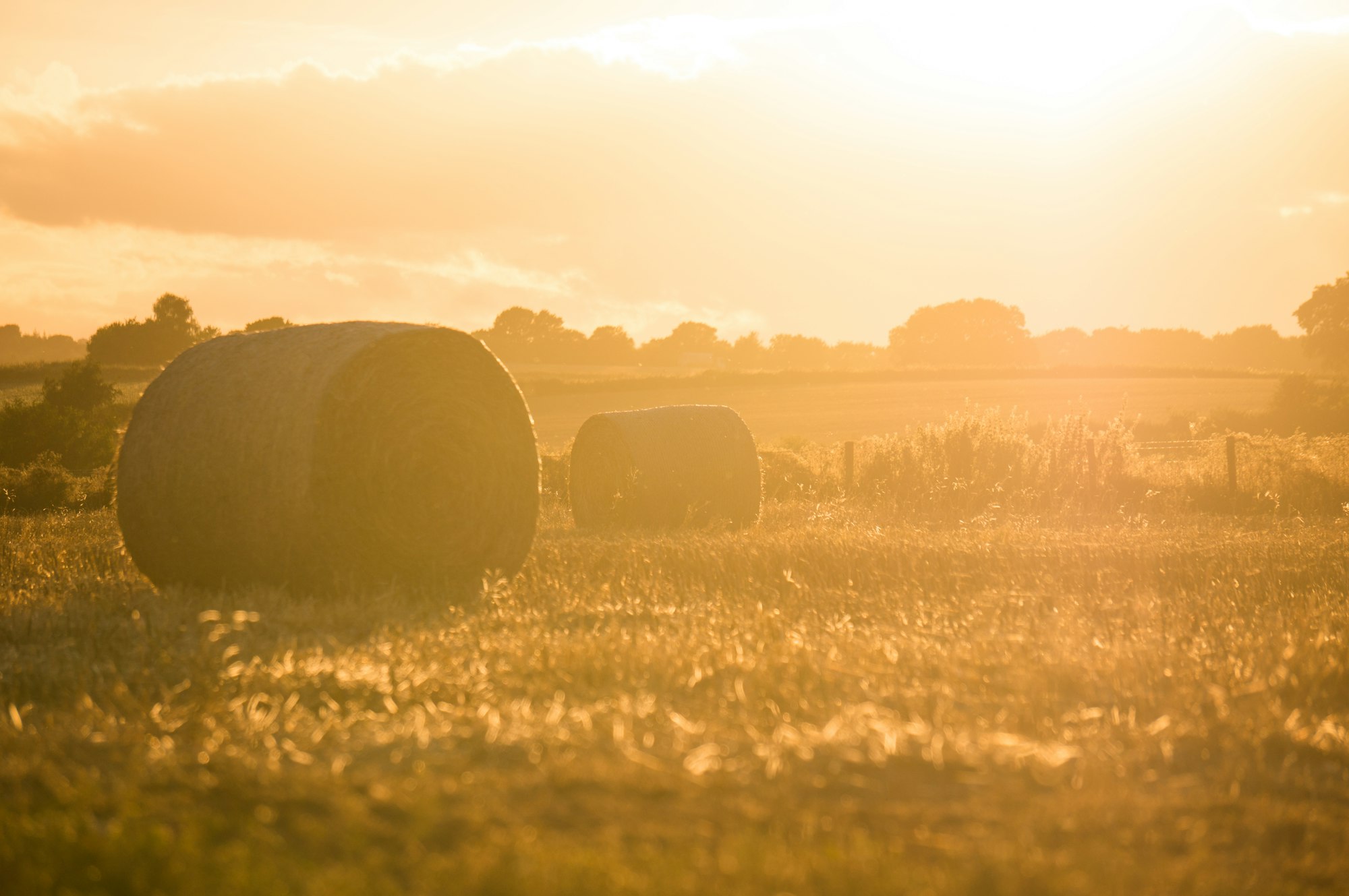
Wellness and Cosmetics
Hemp and CBD oils are natural skin care products that are relaxing and can be suitable for aromatherapy. Due to their growing popularity, CBD products can already be found on the shelves of local health food stores and supermarkets. Cosmetics containing hemp are full of valuable vitamins, minerals and fats, which nourish skin and hair. The most popular cosmetic products made from hemp include makeup, shampoos, body lotions, anti-aging and sun creams.
Ropes and sails
Hemp stalks are particularly resistant and can therefore be processed into ropes or sails for boats. Due to their size, it is possible to extract long fibers which can be used to produce sturdy ropes or fabrics.
Food
Hemp seeds and hemp oils are considered a real superfood due to their large amount of vitamins, minerals, proteins and amino acids. They are rich in omega 3 as well as omega 6 fatty acids and are well suited as a fish substitute for vegetarians. Their slightly nutty herbal note enhances the taste of salads, yogurts, mueslis and baked goods. Many healthy hemp snacks and hemp drinks can already be found on the market, such as granola bars, smoothies and teas. Many athletes also use hemp protein supplements instead of conventional powders because of their high protein content.
Due to the ever-changing consumer habits and growing number of industry innovations, the hemp protein edibles market is also expected to grow tremendously in the coming years. For example, we at Signature Products are currently working on developing plant-based meat alternatives made from hemp protein, such as hemp schnitzel. The products are to be produced and sold regionally.
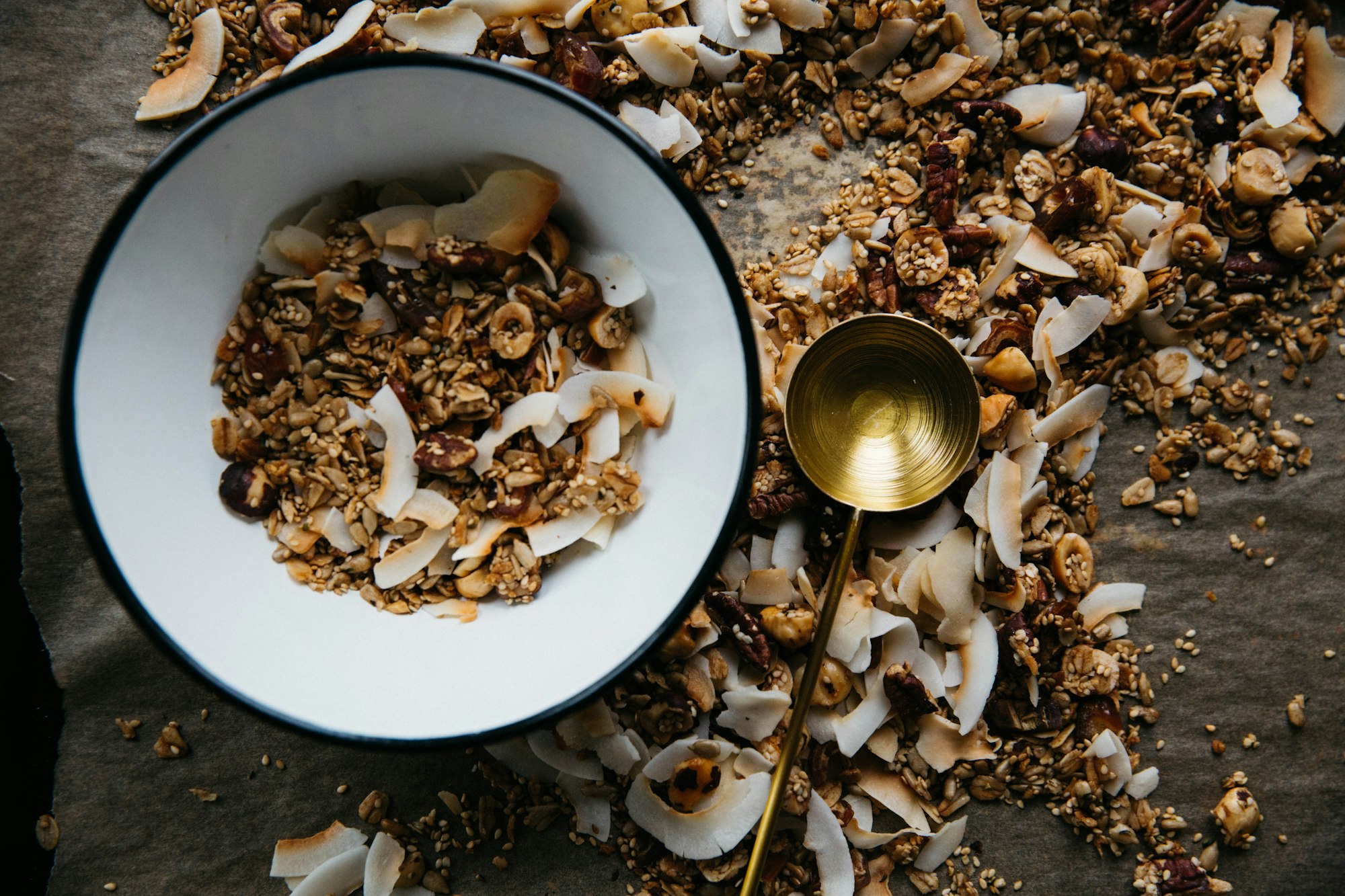
The food industry is also becoming more and more creative with hemp. For example, some manufacturers are already selling so-called hemp tofu, an alternative to conventional soy tofu. Hemp tofu is a delicious source of protein and a suitable ingredient for plant-based, low-carb dishes. Find out in this article how you can easily make hemp tofu yourself:
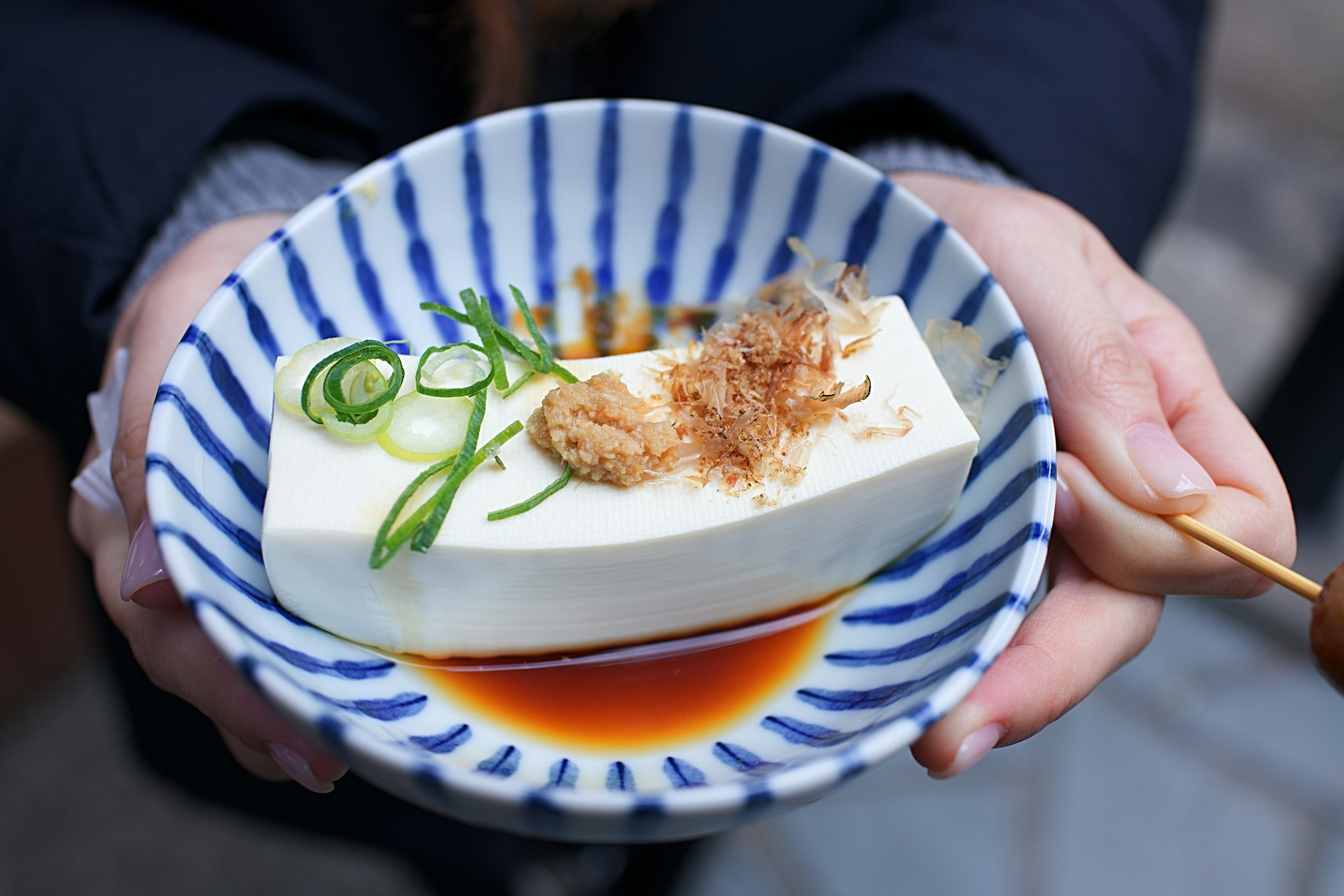
In the following article, you can also learn how to use hemp seeds, vegetables, and other foods to create filling, meaty, albeit meatless, dishes:

Animal feed and mulch

Hemp seeds can be used as a nutritious ingredient in seed mixes for rodents and wild birds. There are also special hemp seed cakes available for farm animals, which are made from pressed hemp seeds. Hemp is also particularly suitable as mulch for bedding because it regulates soil temperature and can absorb high amounts of water. It also produces little dust and is pleasant for the animals' paws.
Construction
In construction, all the components of the hemp plant can be utilized to mimic the properties of concrete, plastics, wood, bricks, etc. The revolutionary hemp concrete formula "Hempcrete" is much stronger, lighter and more elastic than conventional concrete. In addition, hempcrete is breathable, easy to work with and is ideal as a building insulation material.

Agriculture
Hemp is excellent for repairing damaged soil structures and can grow in inhospitable areas due to its robustness. Through the process of phytoremediation, the plant can also filter out toxic substances from the soil. New plants can then grow again on the 'cleaned' soil.
Another important advantage of growing hemp is that the plant grows quickly while requiring significantly less water than most other plants. Low-water-using crops are essential to sustainable agriculture, given that up to 70% of water withdrawn from soil and rivers is used to irrigate agricultural produce. Hemp also has the ability to pull massive amounts of CO2 out of the atmosphere - an estimated 1.63 tons of CO2 per ton of hemp grown.
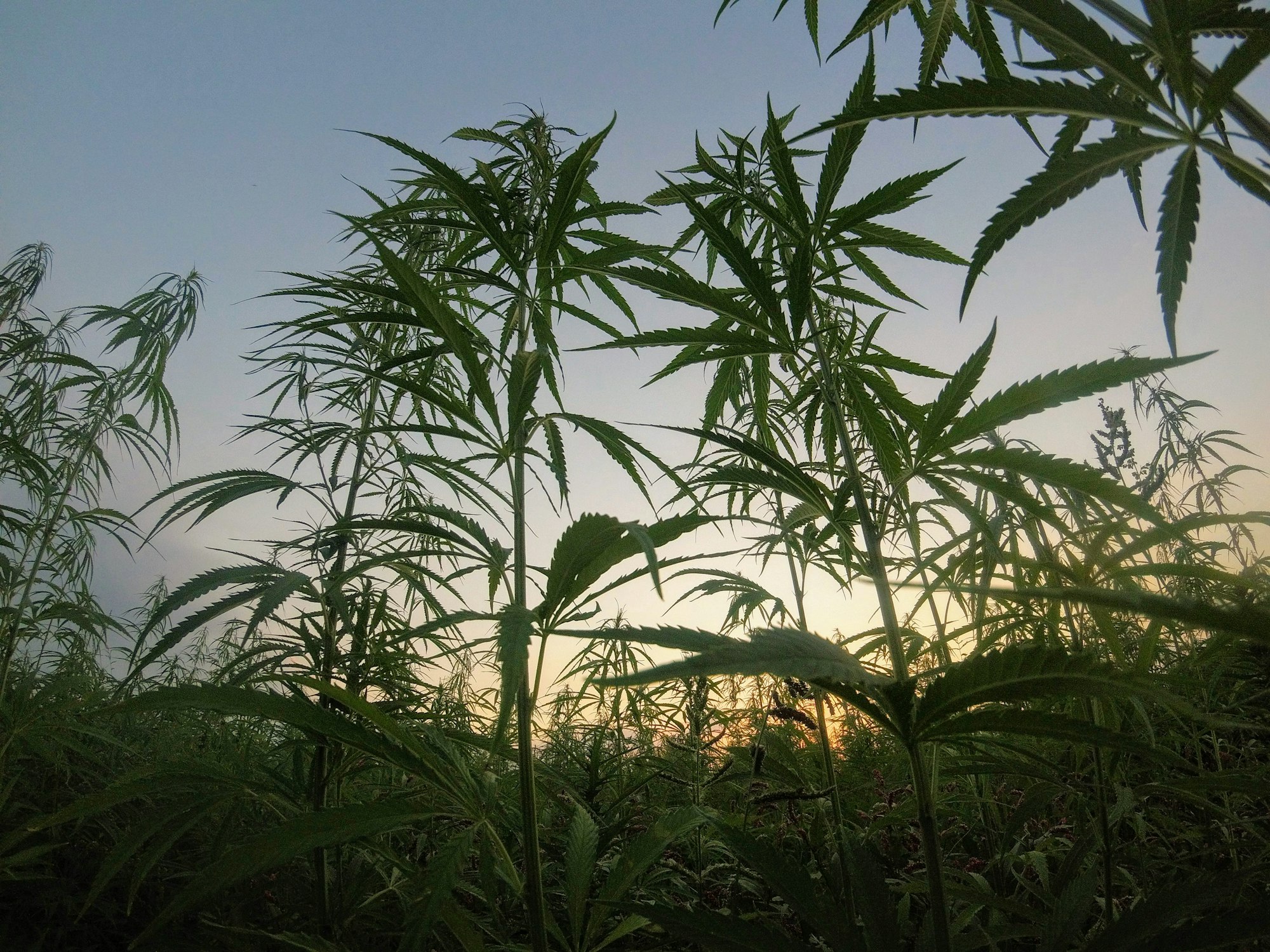
Hemp can also play an important role in increasing soil fertility in rotary farming. Its roots can produce certain compounds that increase microbial diversity in the soil, which can ultimately improve soil health. In addition, hemp produces large amounts of biomass, which returns to the soil and decomposes, returning nutrients to the soil. Consequently, once hemp has been harvested, it benefits the crops that are next grown in the field. One study even found that wheat yields were 10–20 percent higher after growing hemp.
Paper
Hemp was considered a useful alternative to wood in paper making for 500 years in 13th century Europe. Unlike wood fiber, hemp paper is sturdier, longer lasting, and can also be recycled much more frequently. Over a 20-year period, 1 hectare of hemp can produce as much paper as 4-10 hectares of trees. Therefore, it is believed that paper made from hemp can potentially help solve the deforestation crisis in the future.
We're excited to continue to monitor the hemp market and explore new breakthrough uses!

